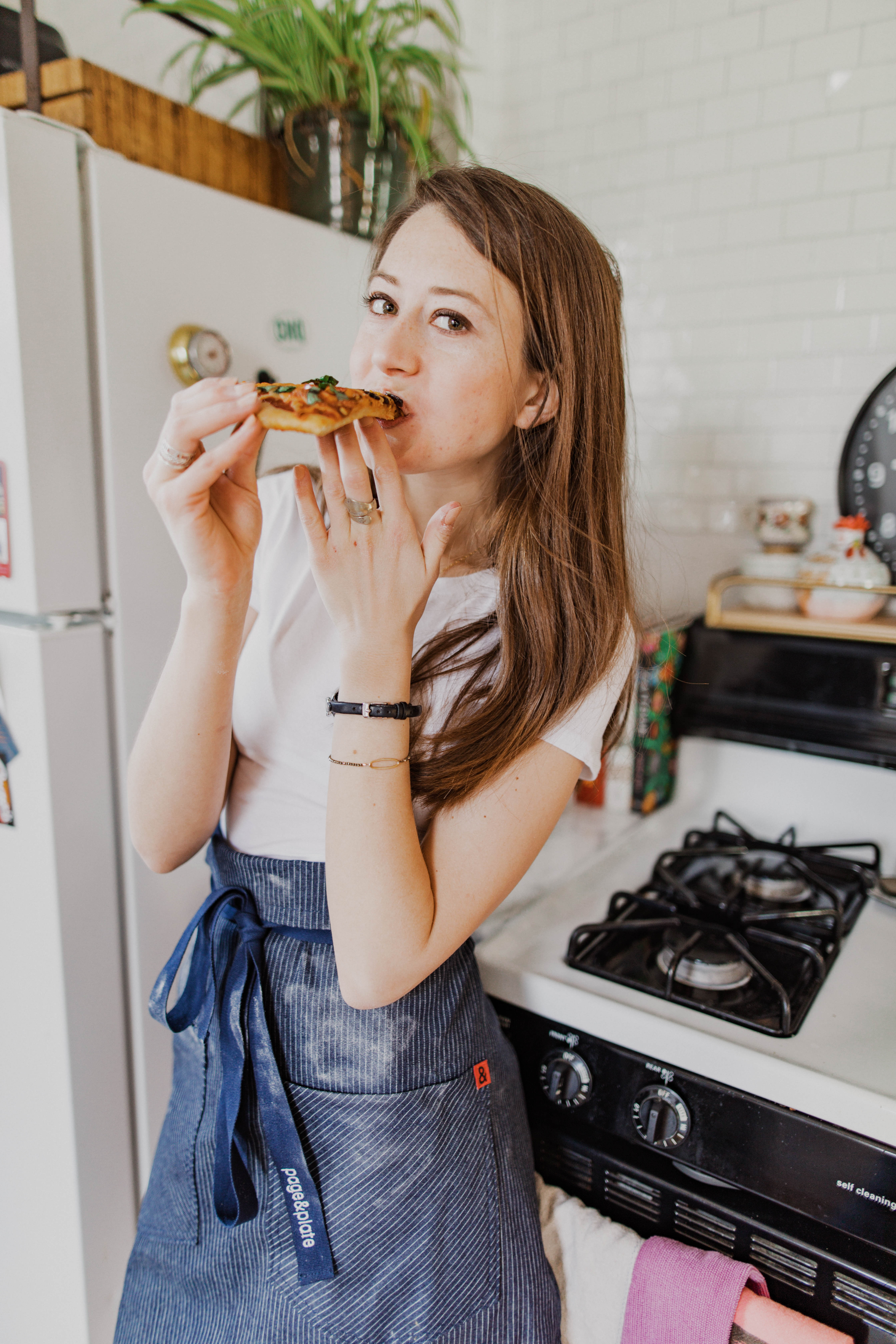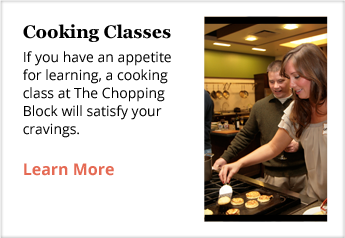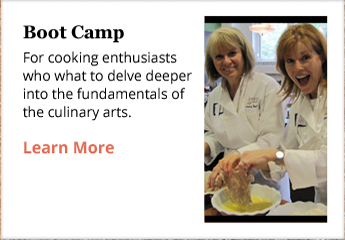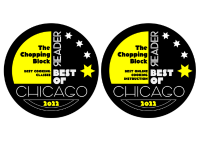In case you haven’t realized yet, I write a lot of recipes—for clients, my newsletter, blogs, and for my own use. If I had to guess, I’ve written somewhere in the neighborhood of about 800 recipes since I started developing them. If there’s one thing I’ve learned in all of that, it’s that I wish fewer people used the recipes I write.
Maybe that sounds backwards, but hear me out: I think the way that food media has standardized recipe writing robs home cooks of the opportunity to learn to improvise and cook intuitively. Lately, I’ve been trying to write more recipes that teach how to learn to cook rather than how to follow a recipe.
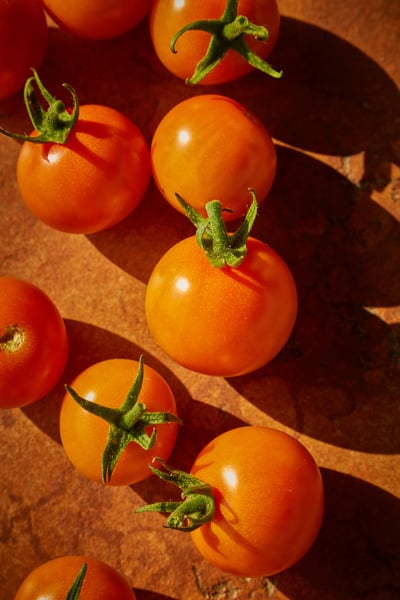 Here are a few takeaways you can use in the kitchen to do the same thing yourself:
Here are a few takeaways you can use in the kitchen to do the same thing yourself:
1. Start small.
The first thing you can start to go off-script with are the seasonings. Don’t measure your salt and pepper—just add it a little bit at a time, tasting as you go and adding more until it tastes right. Eventually, you’ll notice that you’re grabbing a pinch and seasoning your soup perfectly without even thinking about it. Bonus: you’re getting in touch with your palate and what you prefer! Flavor Dynamics is a great place to start to get to know your taste buds better.
2. Track the patterns.
Like it or not, cooking is a science. Start thinking about the recipes you read like you would a science experiment. What do you notice about every chocolate chip cookie recipe? Most of them start with creaming butter and sugar together. Google why that is, and then apply what you just learned to other recipes. How do certain methods that are repeated across different recipes and foods cook things differently?
3. Shop from your pantry.
Cooking something for dinner and don’t have all of the ingredients? Instead of running to the store, I challenge you to shop from your pantry to find something that could be a good substitute. You might need the help of your search engine sous chef at first, but you’ll quickly find yourself swapping ingredients in and out with ease—your first step to making up your own recipes!
4. Notice what you like.
Take inspiration from others who cook for you, whether friends or chefs at restaurants. Ask questions: how did they get the steak so tender? Why do they cook their pizza on a stone instead of a metal tray? Where did they find the lentils they used in that soup? Pick up on the tricks and techniques that the cooks you admire use so you can implement some of those in your kitchen.
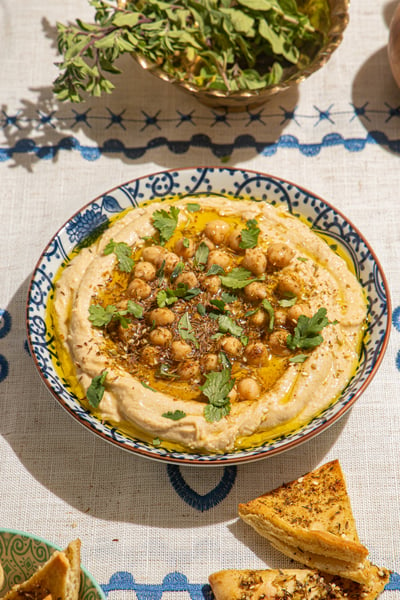
5. Take classes!
The best way to learn is to do something with your own two hands. Taking classes—like the ones offered at The Chopping Block—help to teach you to build foundational skills that you can use to improve your instincts. As a bonus, you’ll get face time with a professional who can answer your questions on sight.


